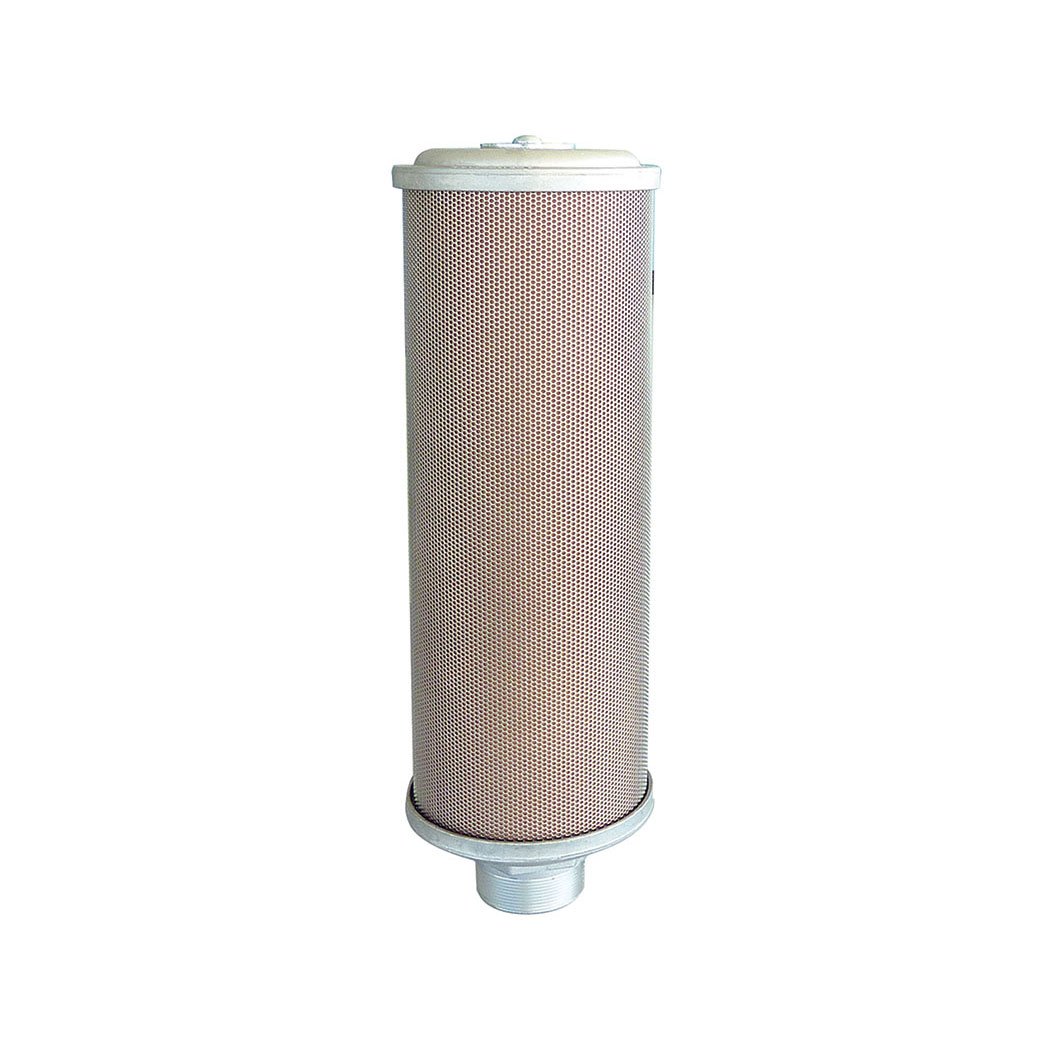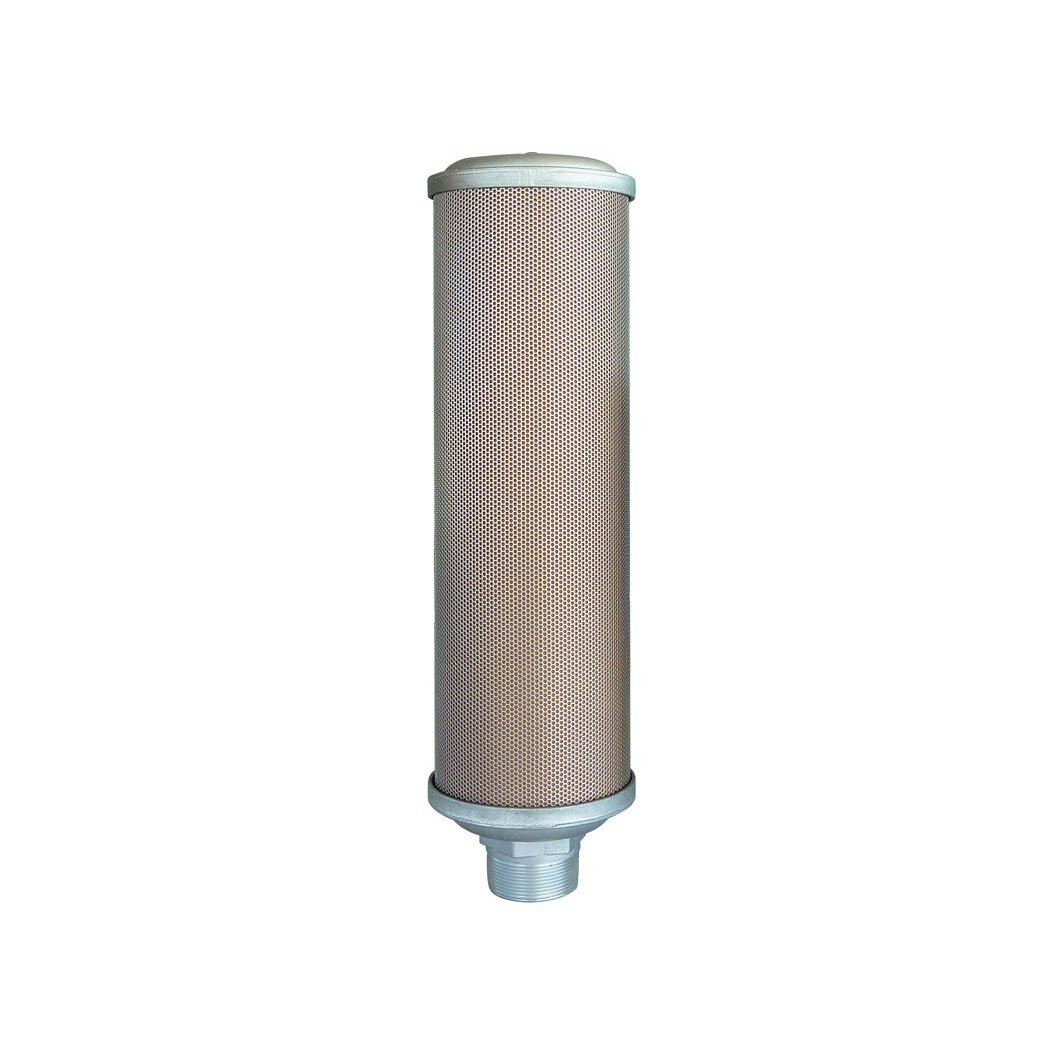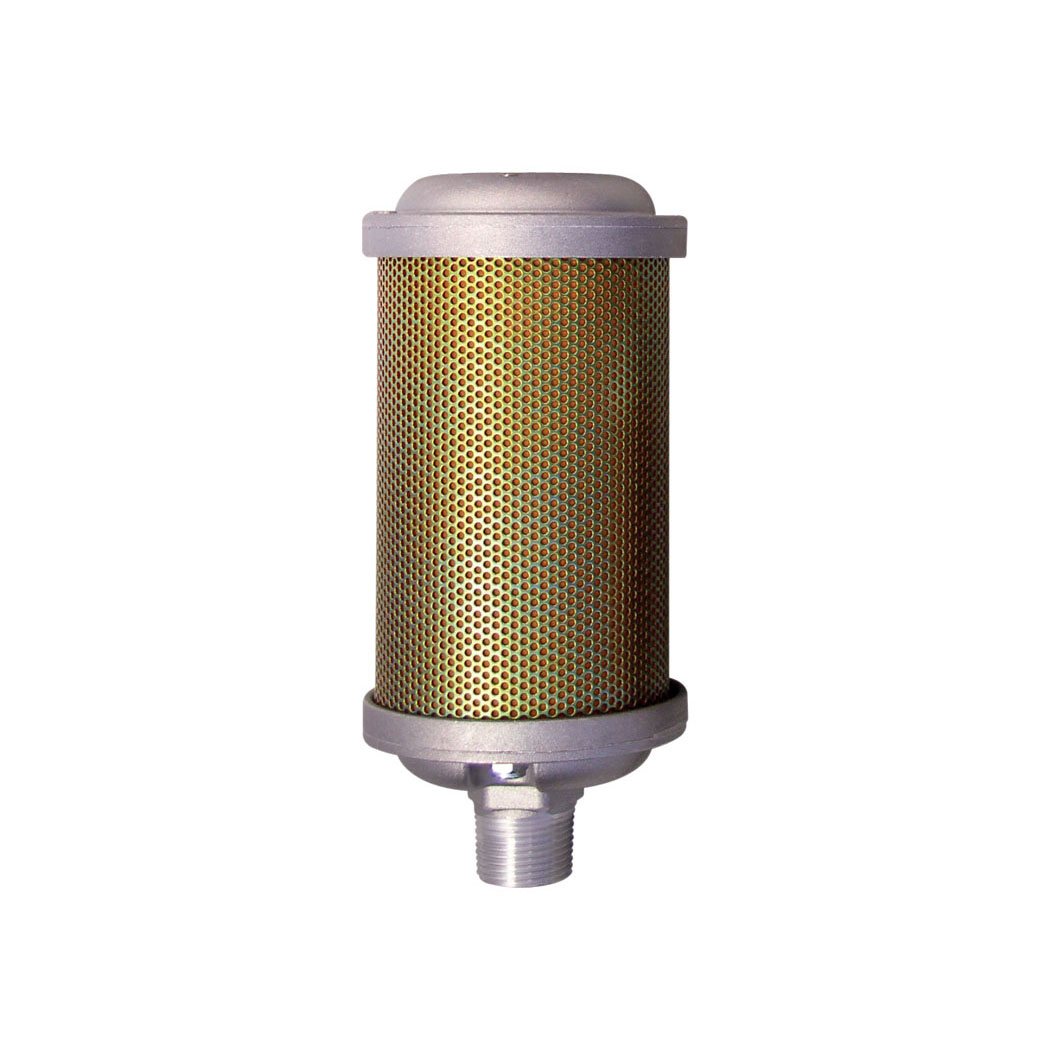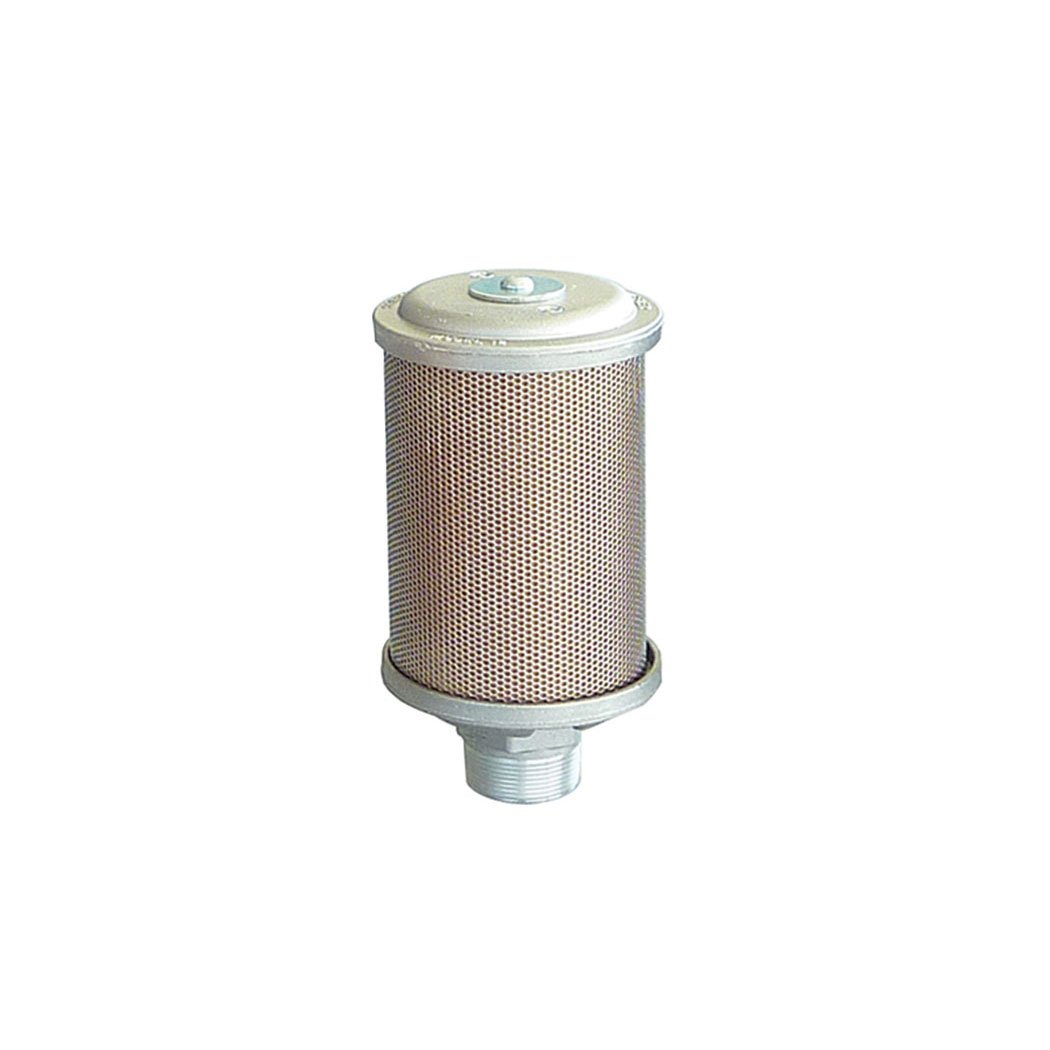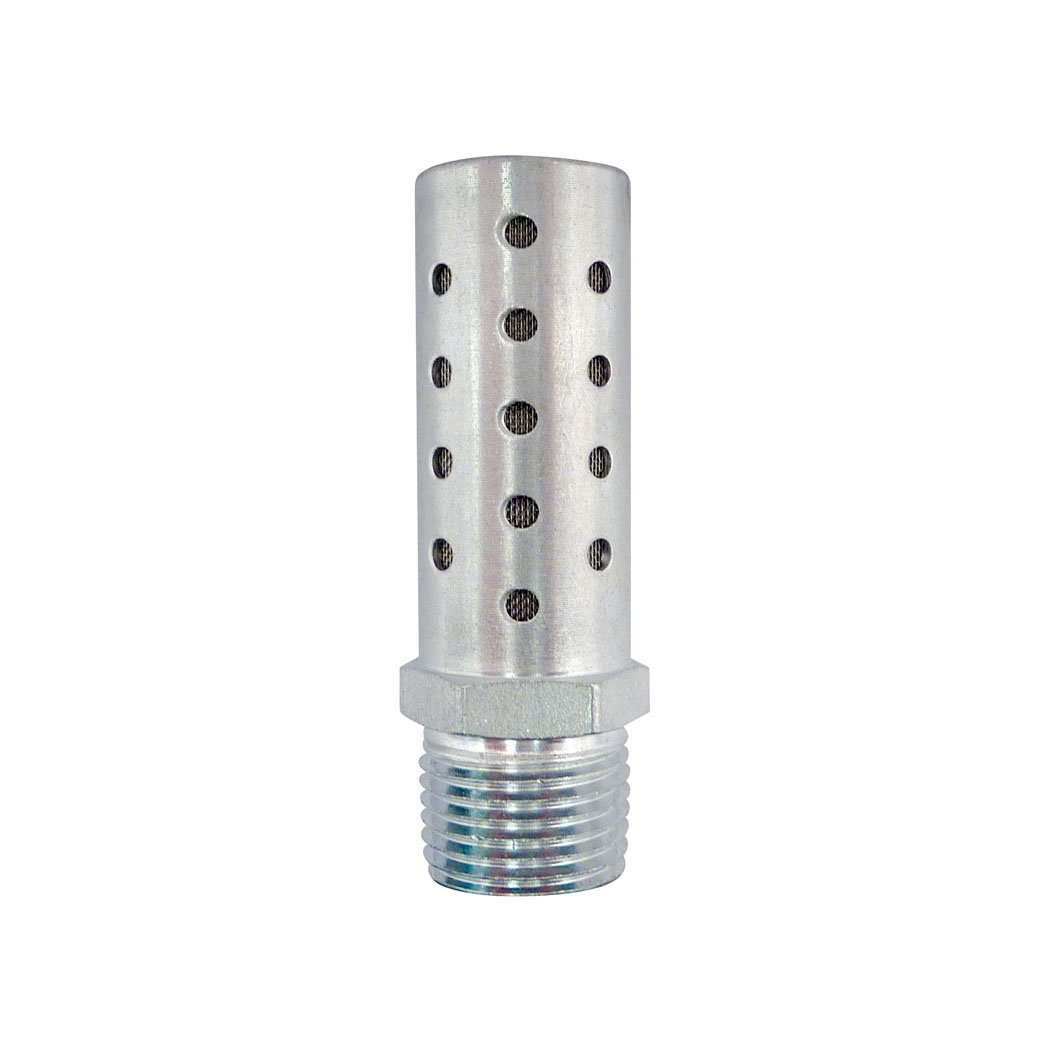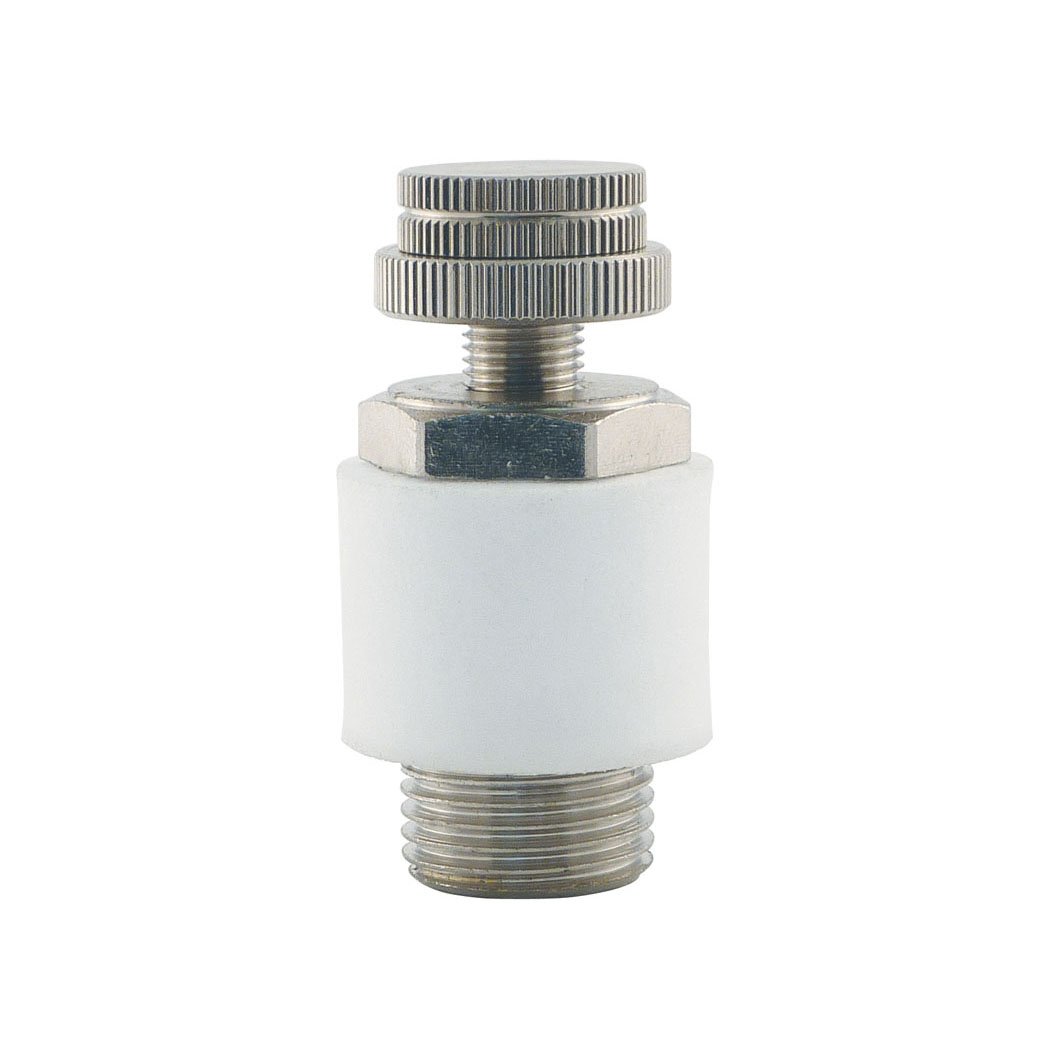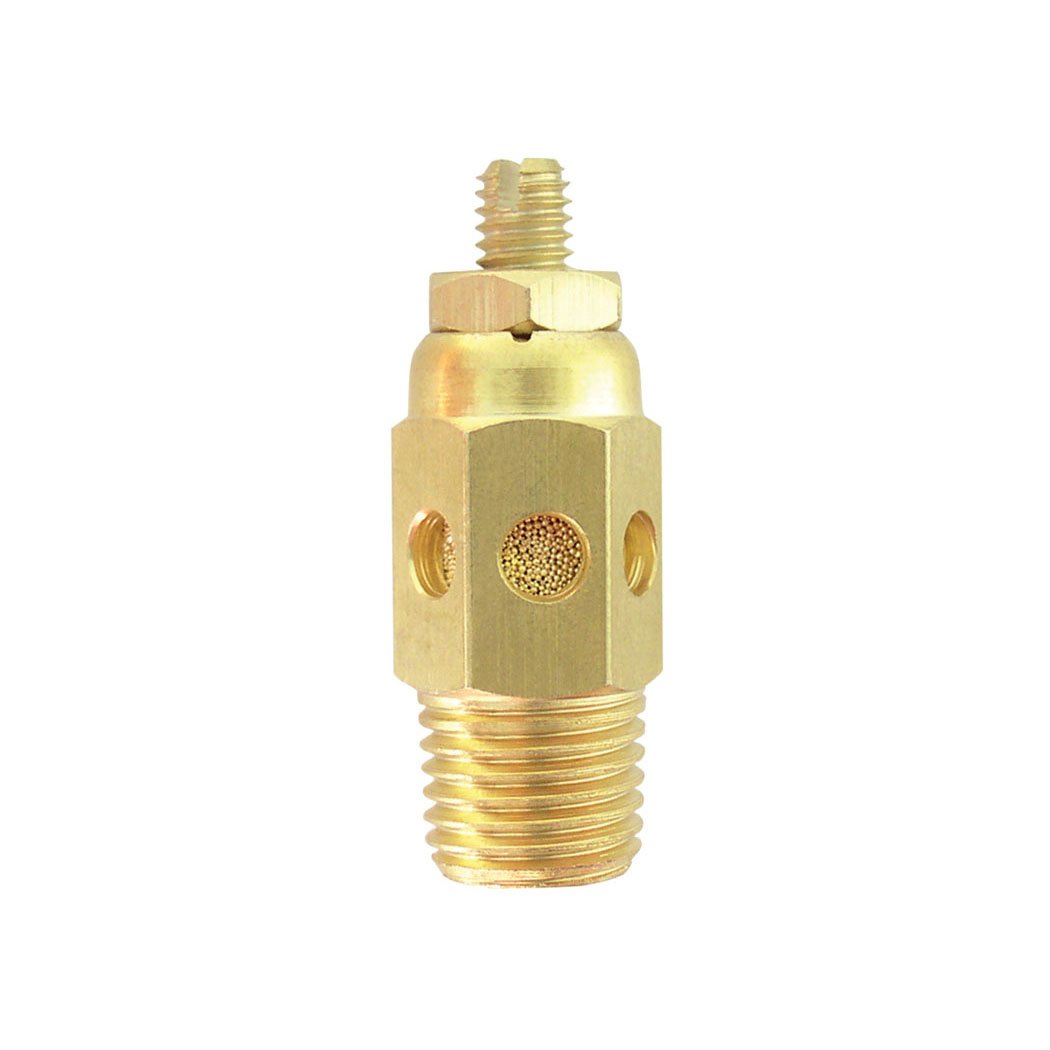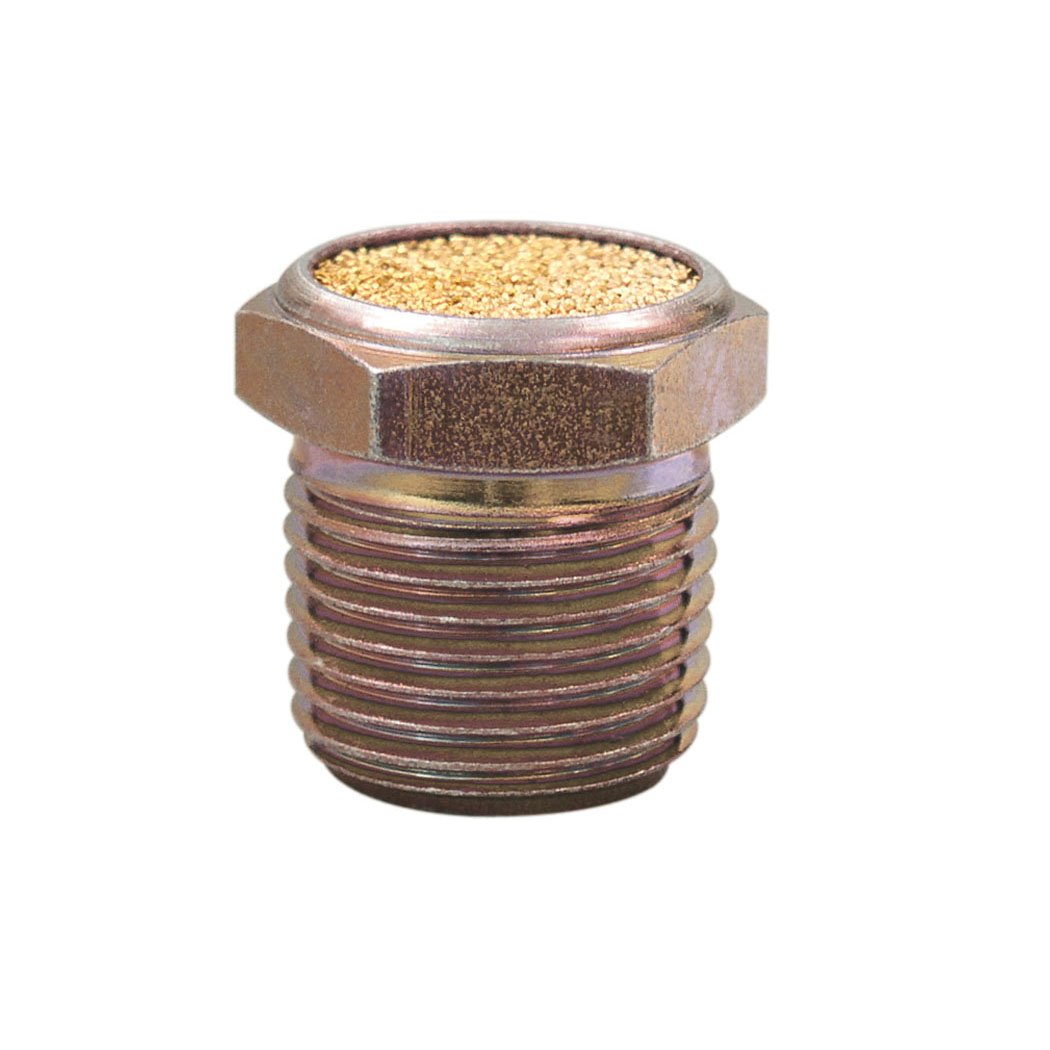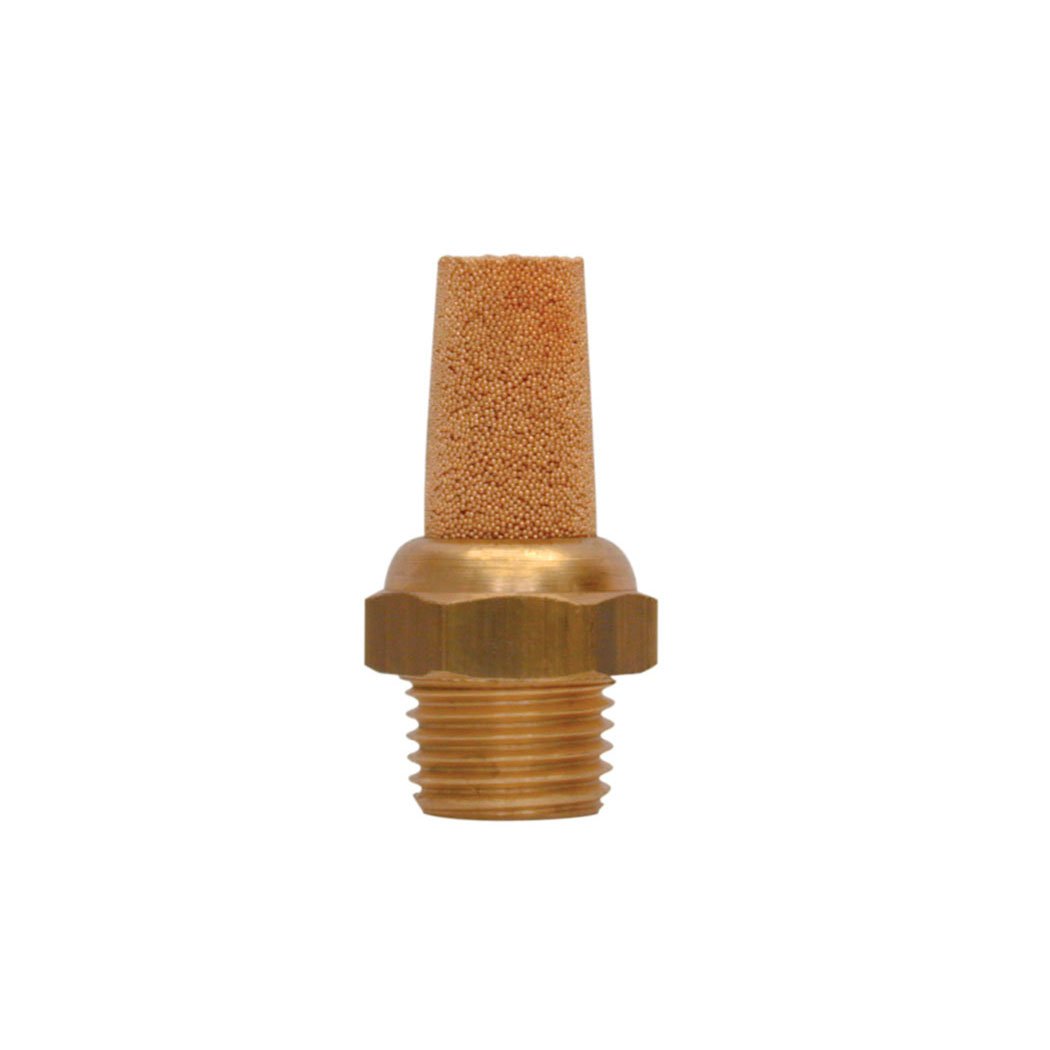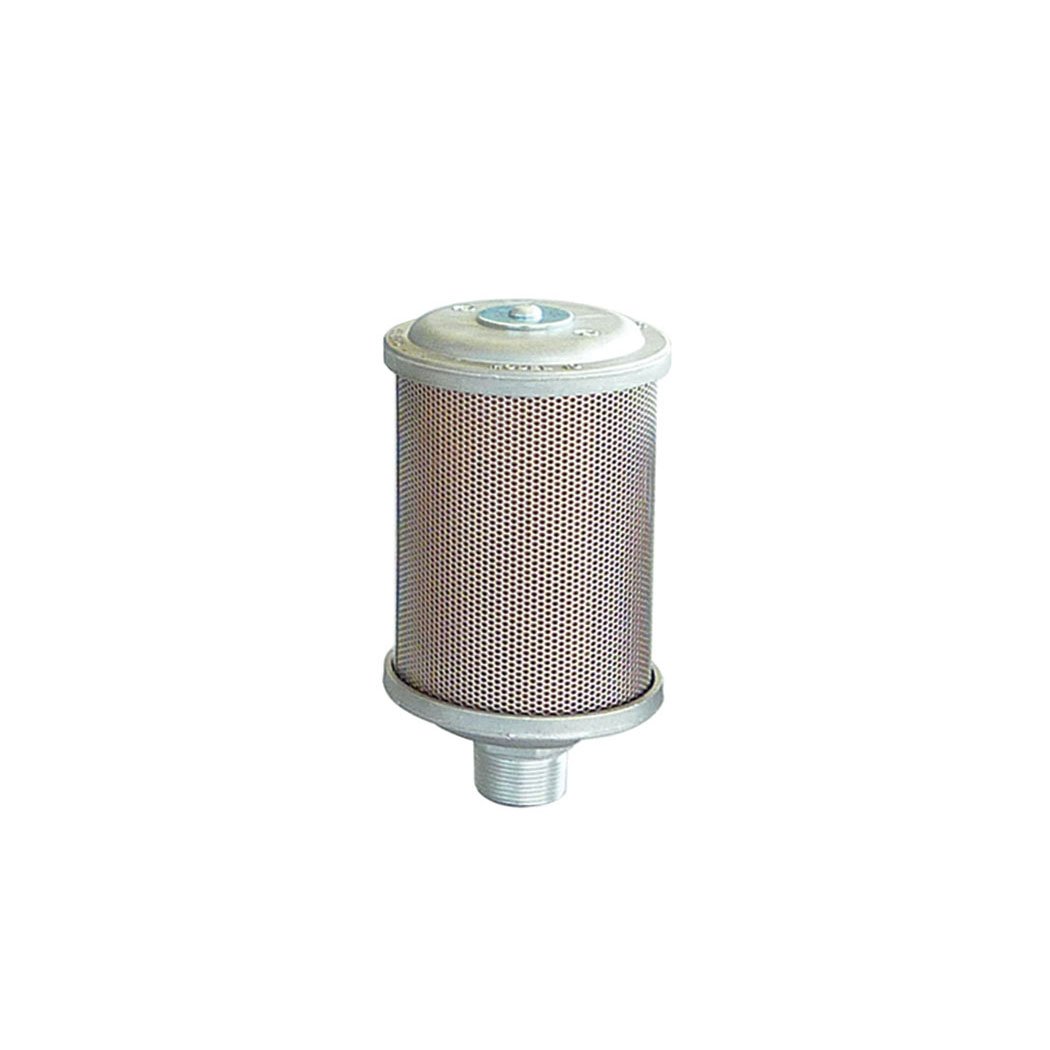Silencieux
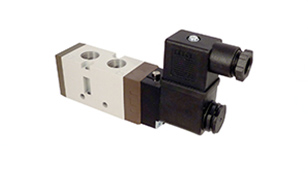
- …
Guide complet pour l'achat de silencieux pneumatiques
Les silencieux pneumatiques sont des composants polyvalents qui améliorent la sécurité, le confort et l'efficacité dans diverses applications. Leur utilisation est essentielle dans les environnements bruyants, les systèmes sujets à la contamination et les situations où un contrôle précis de la pression est nécessaire.
Lignes directrices générales
Lorsque le bruit est un problème : si le fonctionnement du système pneumatique produit des niveaux de bruit perturbateurs ou nuisibles, il est conseillé d'utiliser un silencieux.
En cas de contamination : Si l'air d'échappement du système pneumatique doit rester propre pour protéger l'environnement ou l'équipement, les silencieux peuvent être un complément précieux.
Systèmes à sécurité critique : Dans les systèmes où la gestion de la pression d'échappement est cruciale pour la sécurité, l'utilisation de silencieux avec des soupapes de surpression ou des régulateurs est essentielle.
Comprendre les types de silencieux pneumatiques
Silencieux ordinaires : Il s'agit de dispositifs standard de réduction du bruit qui conviennent à la plupart des applications pneumatiques. Ils sont généralement fabriqués en bronze fritté, en acier inoxydable ou en plastique et sont utilisés pour réduire le bruit de l'échappement d'air.
Silencieux d'échappement : Spécialement conçut pour réduire le bruit de l'air d'échappement dans les valves et les cylindres pneumatiques. Ces silencieux ont souvent une conception poreuse pour diffuser progressivement l'air et réduire efficacement le bruit.
Les silencieux avec soupape de décharge combinent la réduction du bruit et la protection contre les surpressions, ce qui les rend idéaux pour les applications critiques en matière de sécurité. La soupape de surpression intégrée libère la pression excédentaire tout en atténuant le bruit.
Silencieux avec régulateurs : Ces silencieux sont équipés de régulateurs de pression intégrés pour contrôler la pression de l'air d'échappement et réduire le bruit. Ils sont parfaits pour les applications nécessitant un contrôle précis de la pression.
Principales caractéristiques à prendre en compte
Matériau :
Polymère :
- Léger et résistant à la corrosion : idéal pour les équipements mobiles et les environnements corrosifs.
- Rentable : Conviens aux applications générales.
Acier inoxydable :
- Très durable, excellent pour les environnements à haute pression, haute température et corrosifs.
- Offre une réduction du bruit et une longévité supérieures.
- Idéal pour les applications industrielles lourdes
Taille et type de connexion : Assurez-vous que le silencieux est adapté aux sorties de votre système pneumatique. Vérifiez la taille et le type de filetage (par exemple, NPT, BSP) pour assurer la compatibilité.
Capacité de débit : Sélectionnez un silencieux capable de gérer le débit d'air de votre système sans le restreindre. Cela est essentiel pour maintenir l'efficacité et les performances du système.
Niveau de réduction du bruit : Si le contrôle du bruit est une préoccupation majeure, recherchez des silencieux ayant un niveau de réduction du bruit élevé. Vérifiez les indices de réduction des décibels pour vous aider à comparer les produits.
Tenez compte du type, du matériau, de la taille, de la capacité de débit et des besoins spécifiques de l'application pour choisir le silencieux idéal. Pour obtenir les meilleurs résultats, optez pour des marques réputées et suivez les bonnes pratiques d'installation et d'entretien.


